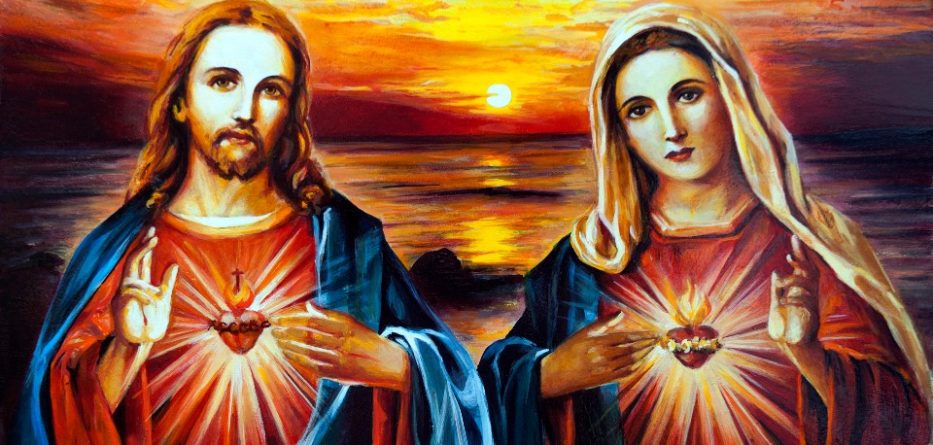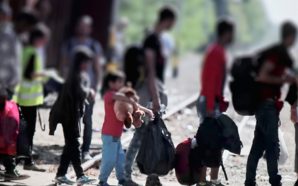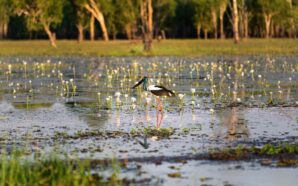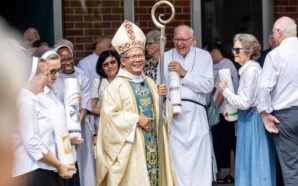Safe Parishes Week co-incides with three important days of celebration for our faith which remind us that as disciples of Christ, His example obliges us to build a safe parish community, says Fr Peter Williams, Vicar General in the Diocese of Parramatta.
Related story: Diocese of Parramatta launches first Safe Parishes Week.
Related story: New safe parishes online training an ethical responsibility.
Reflection on the Feast of Corpus Christi, the Feast of the Sacred Heart and the Memorial of the Immaculate Heart of Mary, guides us in the thinking, actions and confidence we need to build a culture that prevents harm to the vulnerable, he says.
Responsibility from the Feast of Corpus Christi
On the Feast of Corpus Christi, celebrated in the Diocese the Sunday two weeks after Pentecost, and the first day of Safe Parishes Week, we are reminded that the Eucharist is the food that sustains us on the journey of life, says Fr Peter. This personal encounter with Christ gives us responsibility to live the gospel values.
“Christ has given each of us the gift of the Eucharist,” explains Fr Peter. “In accepting this direct connection with Christ, we need to honour what he asks of us: to have regard for the dignity of all human life we encounter.
“The Eucharist gives us a specific responsibility to be concerned for the vulnerable who are not in a position of power.”
Children, continues Fr Peter, are powerless in society, but have all the rights to safety as the rest of us. He reminds us that Jesus specifically spoke about protecting children:
“But who so shall offend one of these little ones which believe in me, it were better for him that a millstone were hanged about his neck, and that he were drowned in the depths of the sea.” (Matthew 18:6)
Share the love from the Sacred and Immaculate Hearts
The Feast of the Sacred Heart and the Memorial of the Immaculate Heart of Mary which fall in the last few days of Safe Parishes Week also remind us of the need for compassion, particularly for those who may be brittle and fragile, says Fr Peter.
“The Feast of the Sacred Heart and the Memorial of the Immaculate Heart of Mary are our opportunity to be thankful for the love we have received. The message from those celebrations we take away with us, is to share that love,” he says.
Turning compassion into action
While the motivation may be in people’s hearts to prevent harm to the vulnerable, it also takes action, says Fr Peter.
“Safeguarding is a matter of being aware to the potential of harm to those who are vulnerable,” he says.
“People need to be aware and alert and observe others. If we see something that we are not sure is right, we need to call it out.
“We’ve seen in current public discussions the need to call out gender-based violence and discrimination,” he says. “We have the same obligations to speak out to protect the vulnerable.”
Fr Peter acknowledges that of course, doing so requires confidence. He says the best way for people to build that confidence is to undertake some training and become informed about Safeguarding.
“It is sometimes a very difficult thing to do, but we need to remember the saying ‘Bad things happen when good people stay silent,’” he says.
“As Catholics, safeguarding the vulnerable: children, the elderly, single parents, youth with mental health issues is an obligation the gospel lays on us,” he explains. “Yes we have obligations under the law, and as Catholics, caring for others is a gospel imperative we have to follow.”
This year, the Feast of Corpus Christi fell on 6 June, the first Sunday of Safe Parishes Week; the Solemnity of the Most Sacred Heart of Jesus falls on Friday 11 June; and the Memorial of the Immaculate Heart of the Blessed Virgin Mary falls on Saturday 12 June.
If you see something in your parish you think might be unsafe, or have concerns about, contact the Office of Safeguarding in the Diocese of Parramatta on (02) 8838 3419 or email: safeguarding@parracatholic.org.
If the matter is urgent call the police on 000.
Safe Parishes Week is being held in the Diocese of Parramatta 6 to 13 June 2021 to highlight the initiatives the Diocese has put in place around safeguarding. Find out more here.








